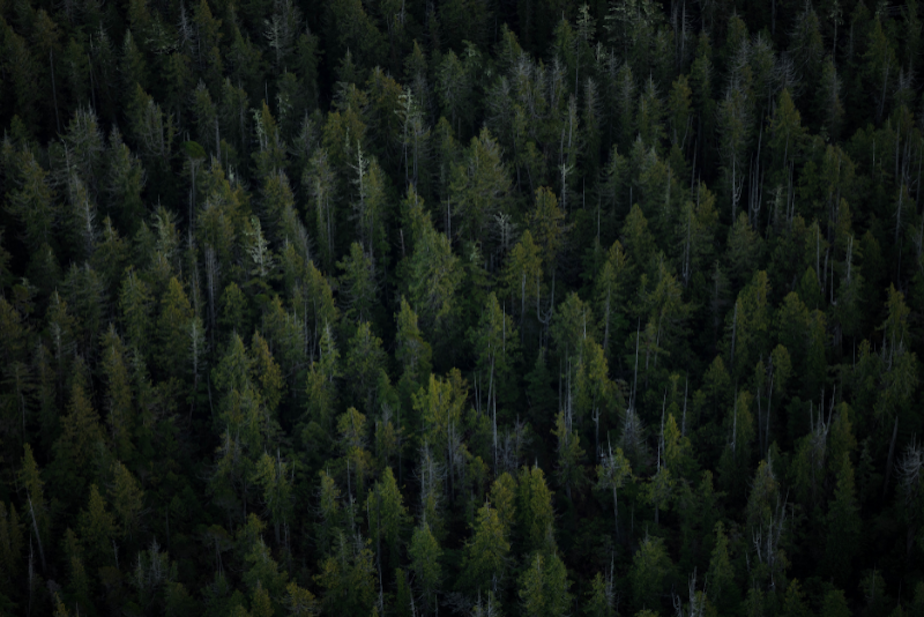Should Washington state consider climate impacts when it approves timber sales?

A fight over 102 acres of trees in King County could point to major changes for how the state’s Department of Natural Resources manages forests.
Last summer, the DNR planned to auction off some timber on land northeast of Seattle near Duvall.
It’s something the department does regularly. But this time seven of the nine members of the King County Council came out against the auction, called the Wishbone Timber sale.
Then, environmental groups sued to stop the sale. They claimed the forest was too important for capturing and holding carbon to be logged.
"What what we're trying to do now is show through a series of lawsuits filed in different counties challenging different timber sales, a general pattern of abuse and negligence and failure to to account for the climate impacts of these logging these century-old forests," said Stephen Kropp, the founder of Legacy Forest Defense Coalition, which signed on to the lawsuit.
A similar 2022 suit in Jefferson County was successful, though by the time the judge ruled, the area had already been logged.
In the dispute over the Wishbone Timber sale, last month, a King County judge agreed with the conservation groups who brought this lawsuit.
The judge blocked the sale, and told the DNR it needed to analyze the climate change impacts of logging the Wishbone area.
It’s part of a shifting landscape for the state’s Department of Natural Resources.
For decades, the agency has operated with the understanding that it was mandated by the state constitution to earn money for its beneficiaries, like public schools and universities.
"How do you maximize revenue from forests? You harvest them for timber, and so that was sort of their operating principle, while protecting certain forests for spotted owl habitat or for other reasons," said Seattle Times reporter Daniel Beekman, who covered this story.
A 2022 Washington Supreme Court decision opened the door for the DNR to consider other public benefits when assessing the value of land, like its role in capturing carbon.
Pair that Supreme Court decision and the multiple lawsuits being brought by conservation groups with an upcoming election and there might be change brewing for state-managed forests.
Listen to Soundside’s full conversation with Daniel Beekman by clicking the play icon at the top of this story.


